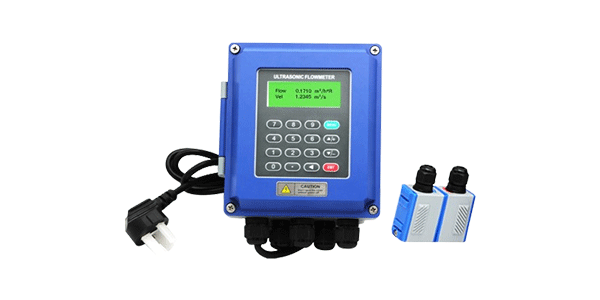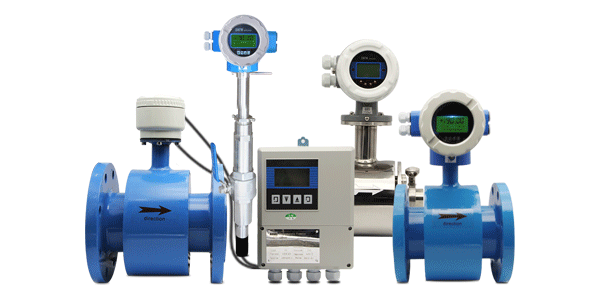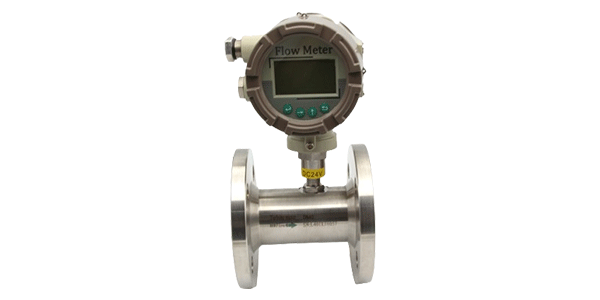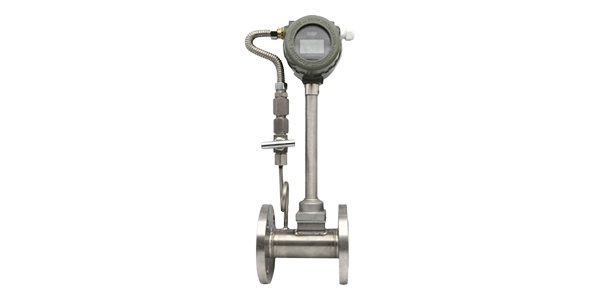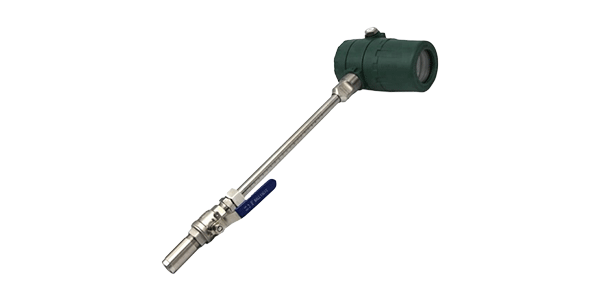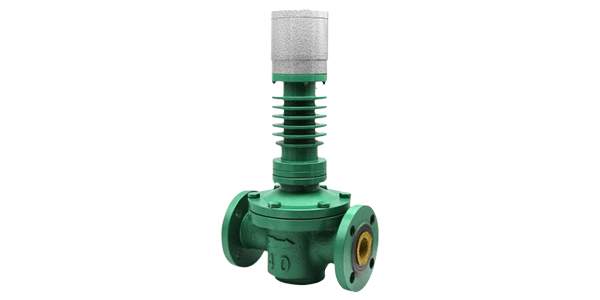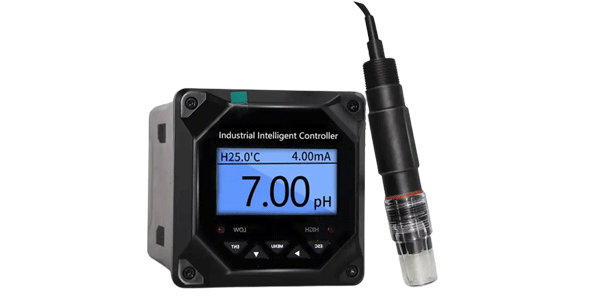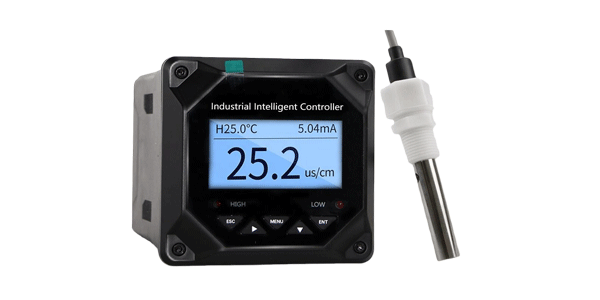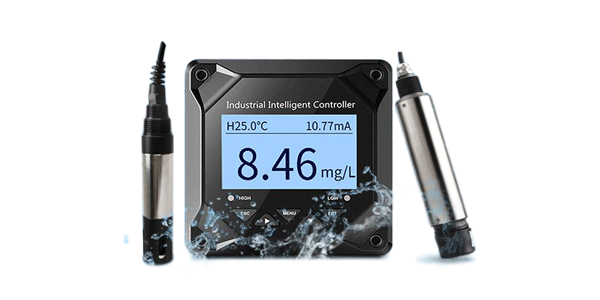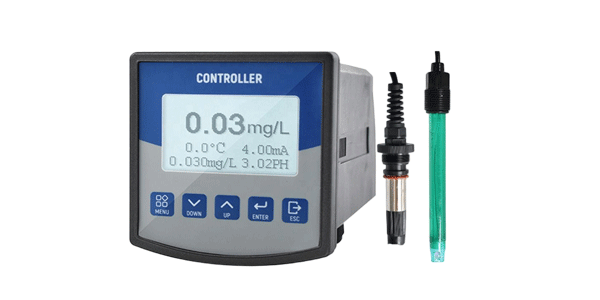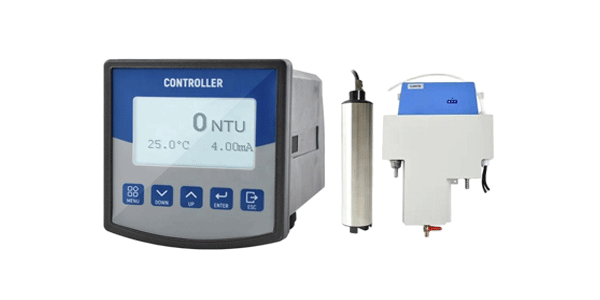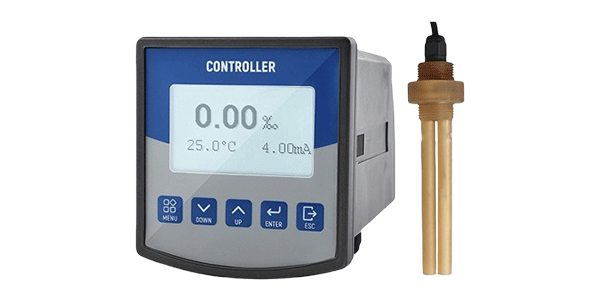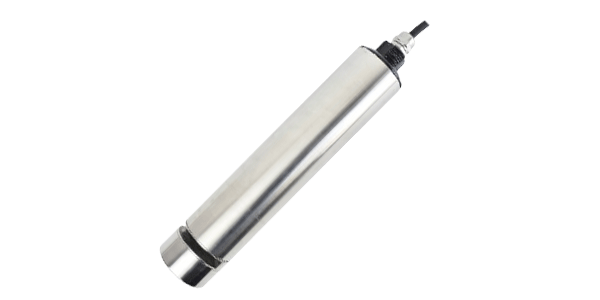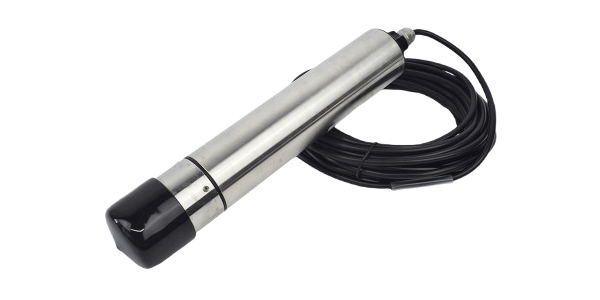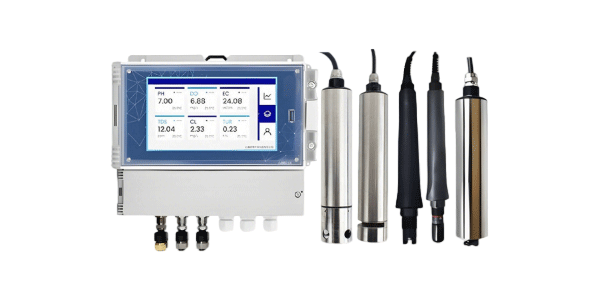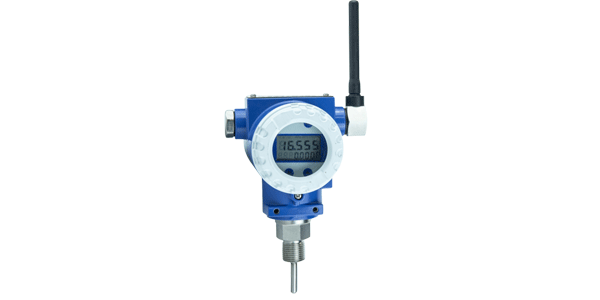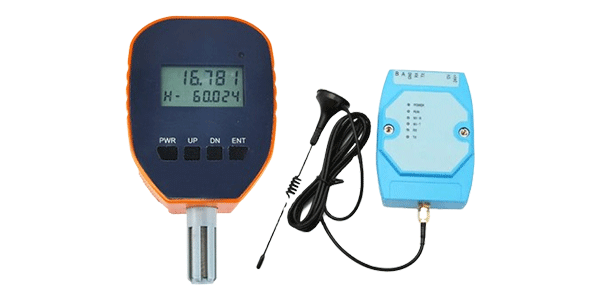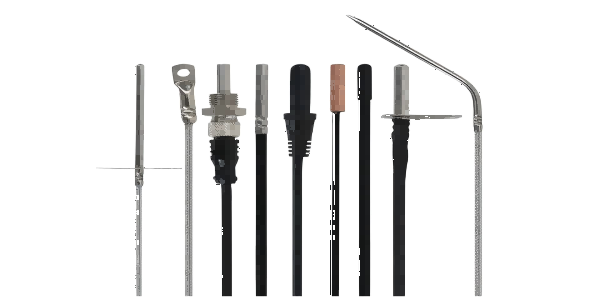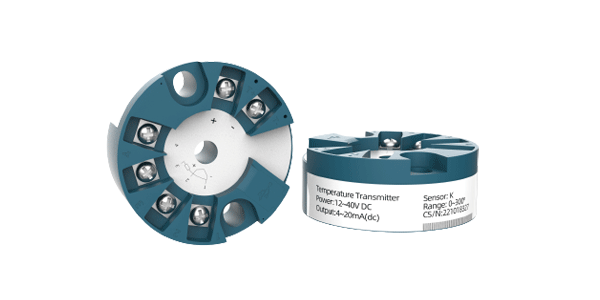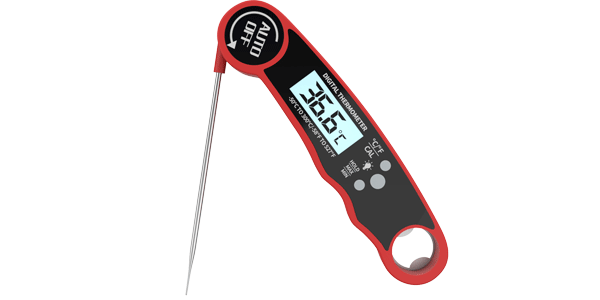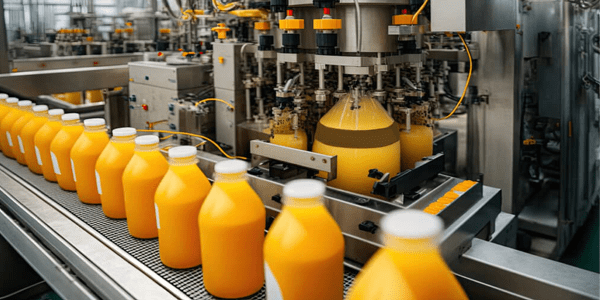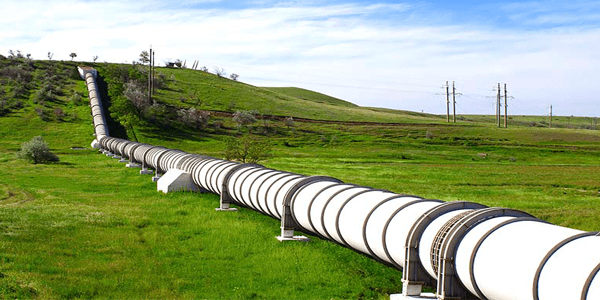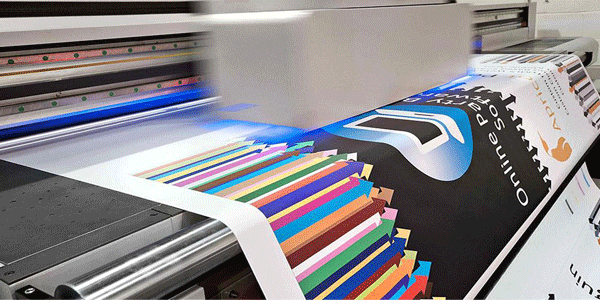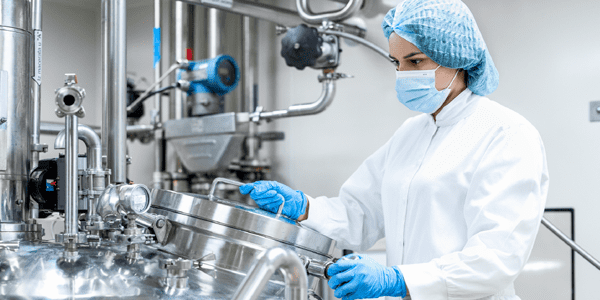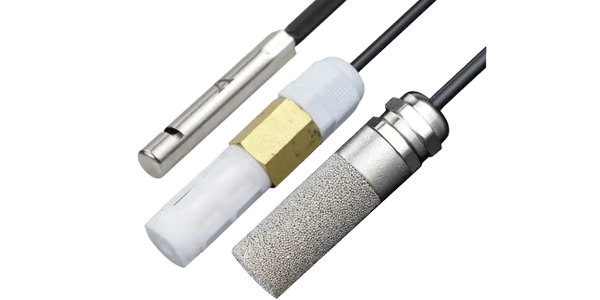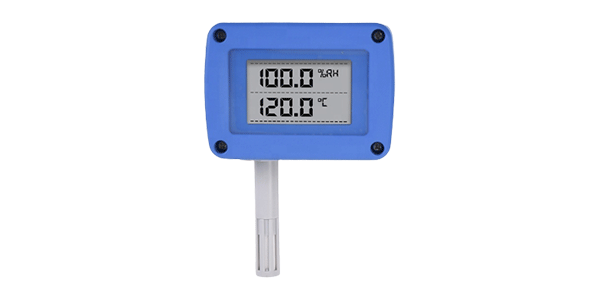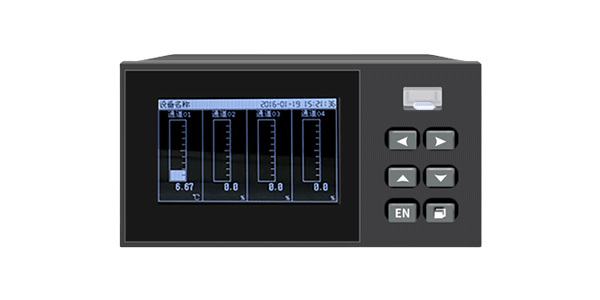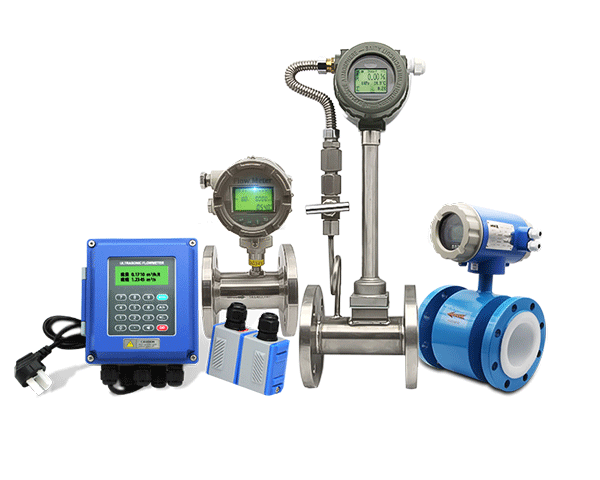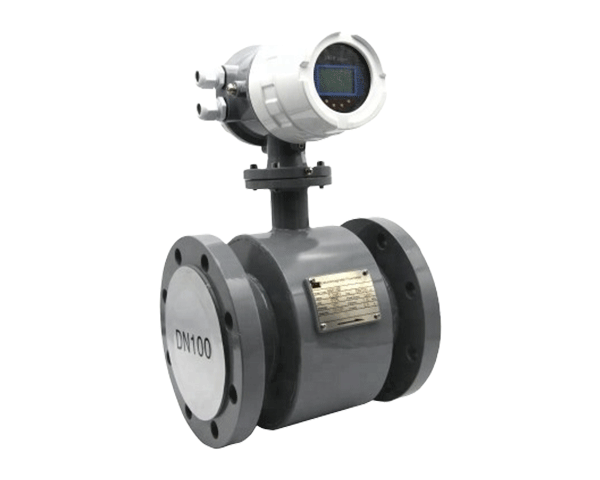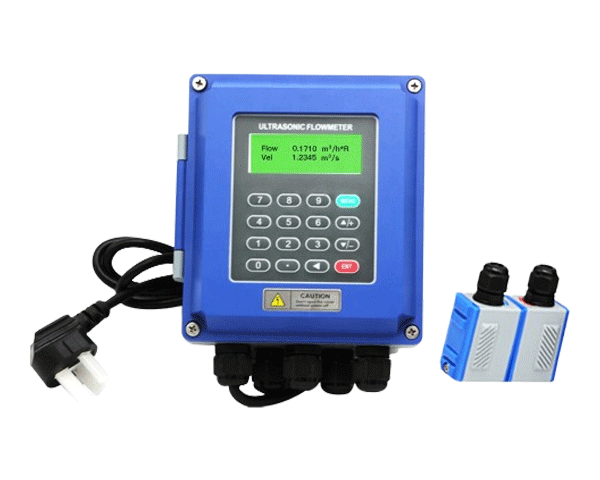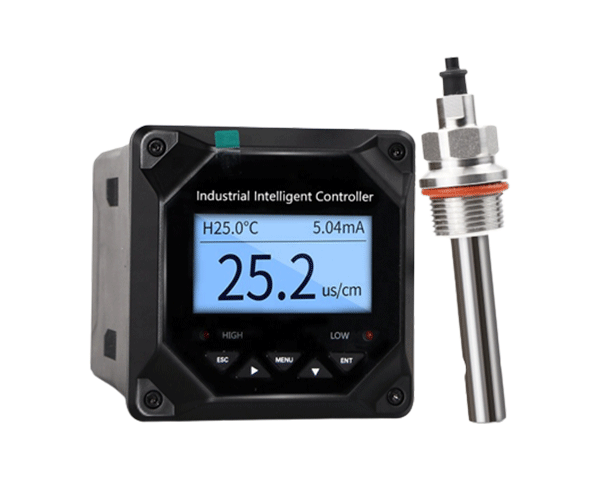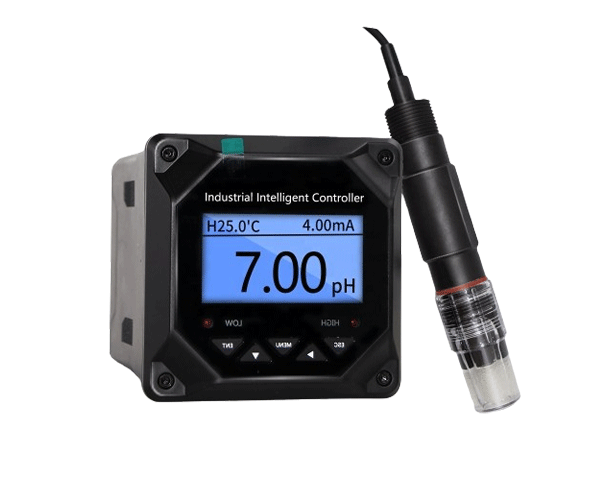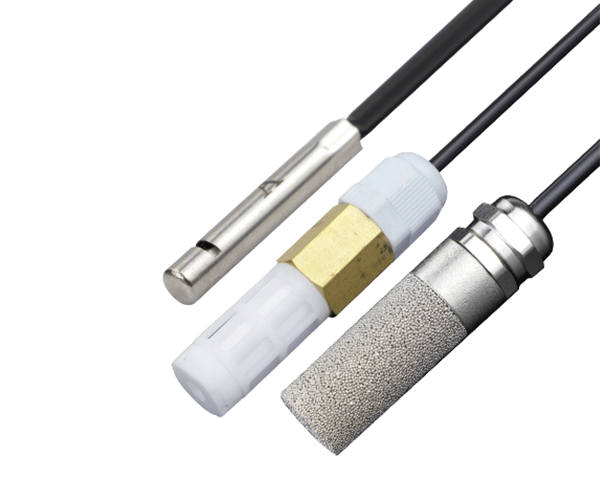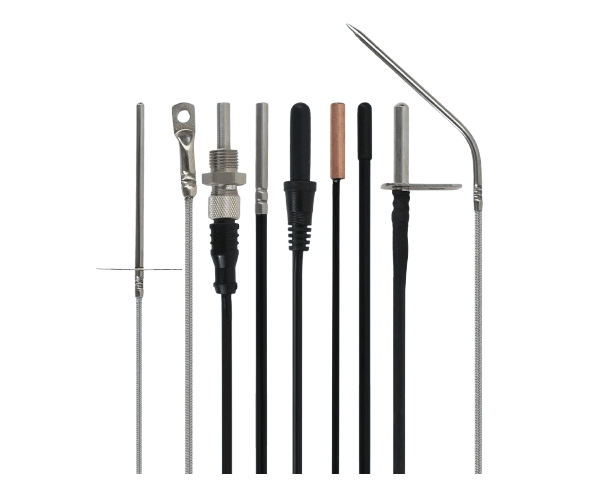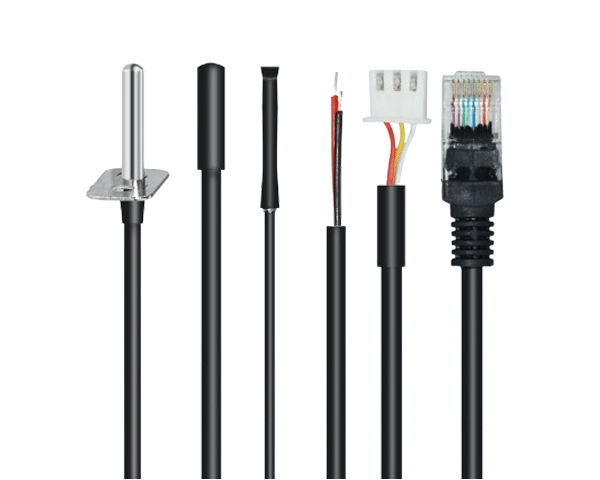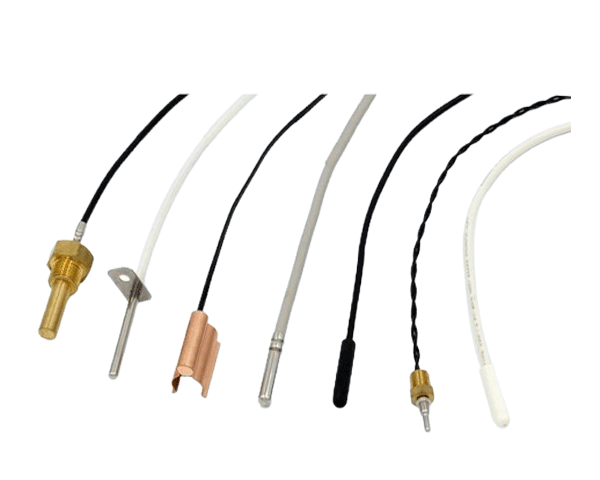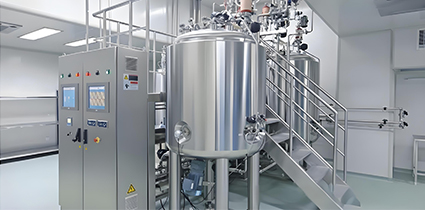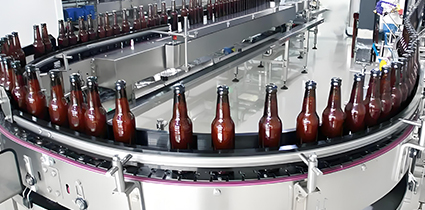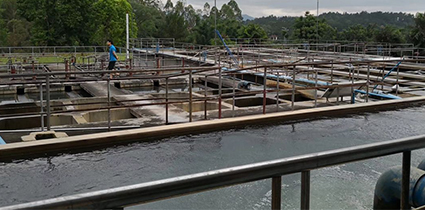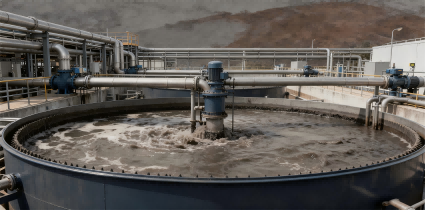What Makes Dairy Production a High-Stakes Manufacturing Process?
Dairy products refer to various cream-based products made from cow's milk or goat's milk as primary raw materials, with or without appropriate amounts of vitamins, minerals and other auxiliary materials, produced under strict legal and standard requirements. Despite very low profit margins, dairy production demands exceptionally high quality standards. Implementing high-precision sensors significantly improves product quality, reduces production costs, increases efficiency, ensures product safety, and provides strong support for sustainable enterprise development.
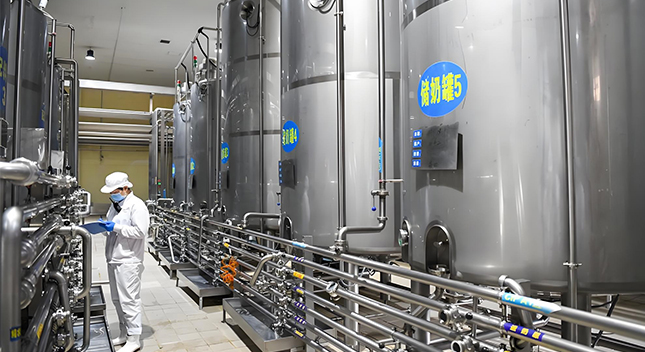
How is the Modern Dairy Production Process Structured?
The dairy production process integrates multiple critical stages from raw milk reception to final packaging, each requiring precise monitoring and control to maintain product quality and safety standards.
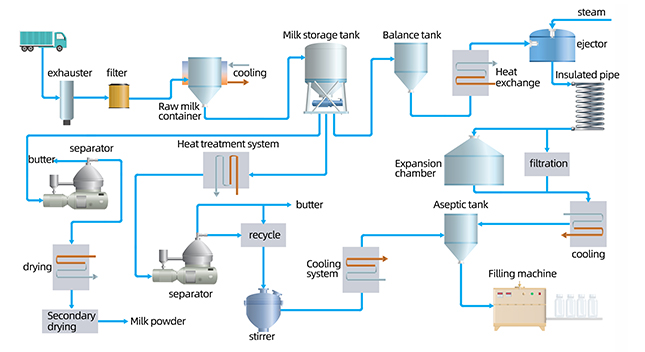
What Key Parameters Ensure Optimal Dairy Production Quality?
How Does Raw Material Pretreatment & Storage Monitoring Impact Final Product Quality?
Why is Flow Measurement Critical in Milk Filtration?
Monitoring flow rate in filtration devices ensures stability and uniformity during milk processing, maintaining consistent product characteristics.
How Does Temperature Control Extend Milk Shelf Life?
Appropriate low temperatures effectively extend milk shelf life, reduce bacterial contamination, and maintain freshness and nutritional value.
Why is pH Monitoring Essential for Milk Quality?
Monitoring milk pH ensures proper acidity levels during filtration, preventing adverse effects on milk quality and processing characteristics.
How Does Turbidity Testing Improve Filtration Performance?
Turbidity testing evaluates filtration device performance, enabling timely adjustments and maintenance to ensure milk quality meets regulatory standards.
What Monitoring Parameters Guarantee Effective Sterilization?
How Does Flow Measurement Enhance Sterilization Efficiency?
Flow measurement ensures uniform heating during sterilization, guaranteeing sterilization effectiveness while avoiding energy waste. Sanitary electromagnetic flowmeters provide accurate measurement with easy installation and maintenance.
Why is Temperature Detection Vital for Sterilization?
Temperature monitoring ensures required sterilization temperatures are achieved, preventing milk spoilage. Sanitary thermal resistance temperature transmitters offer wide measurement range, fast response, and high accuracy.
How Does pH Monitoring Contribute to Sterilization Quality?
pH monitoring is crucial for sterilization effectiveness, quality control, and spoilage prevention, helping ensure dairy product safety and quality.
Why Conductivity Monitoring Matters in Sterilization?
Conductivity monitoring assesses milk purity levels, evaluating sterilization process effectiveness and ensuring product compliance with standards.
How Does CIP Cleaning Monitoring Maintain Production Hygiene?
Why is Flow Measurement Important in CIP Systems?
Monitoring cleaning fluid flow rates ensures expected cleaning results while controlling costs through consumption tracking. Electromagnetic flowmeters measure acid/alkali solutions, while ultrasonic flowmeters monitor soft/RO water flow.
How Does Temperature Optimization Enhance Cleaning?
Proper temperatures facilitate faster residue removal and improve sterilization, ensuring equipment and pipelines meet hygiene standards. Thermal resistance or thermocouple sensors provide reliable temperature measurement.
Why is pH Control Critical in Cleaning Solutions?
Extreme pH levels affect cleaning effectiveness and may damage equipment. Maintaining appropriate pH values ensures optimal cleaning performance.
How Does Conductivity Monitoring Improve Cleaning Efficiency?
Conductivity monitoring determines cleaning solution concentration appropriateness, enabling solution ratio adjustments to maintain stability, improve cleaning efficiency, and extend equipment lifespan.
HOT keyword:
